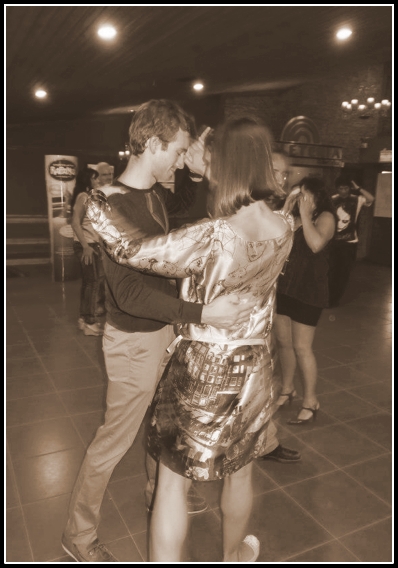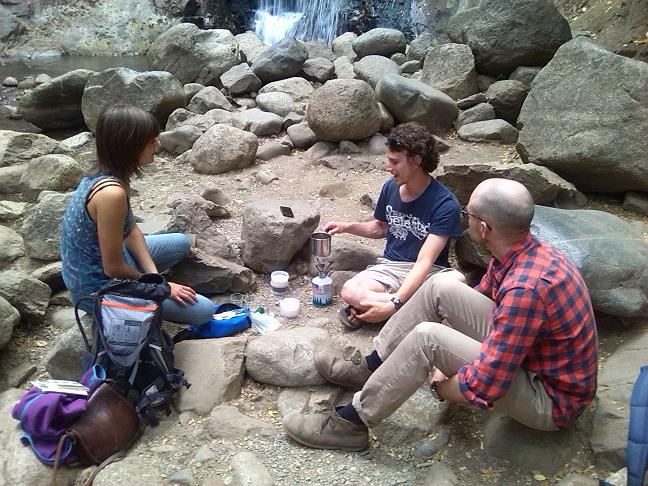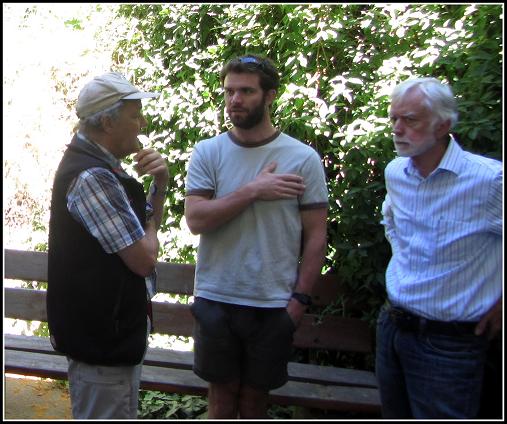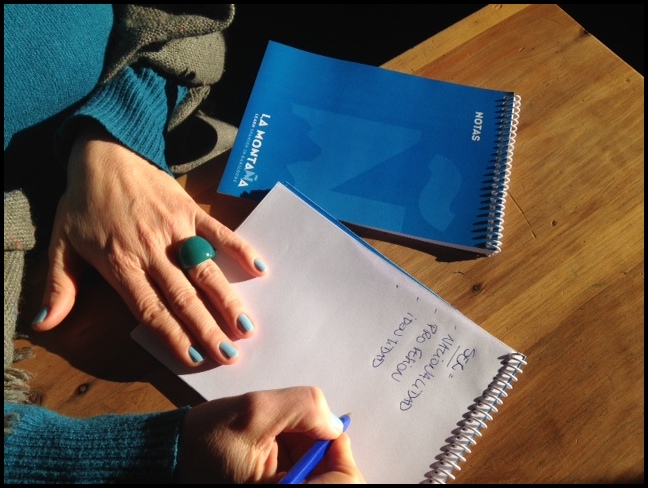As we mentioned before, learning a language means learning from the culture that has created it. The more you get involved in cultural situations, the better you will understand and feel the need for each new word. When learning Spanish you will have tons of possibilities, from music to cooking, dancing among others.
Tasting local food, asking about its recipe, asking information about the area and writing down directions, offering help at the hostel or host-family where you are staying will give you a wide cultural vision and the opportunity to learn new words, phrases, etc.
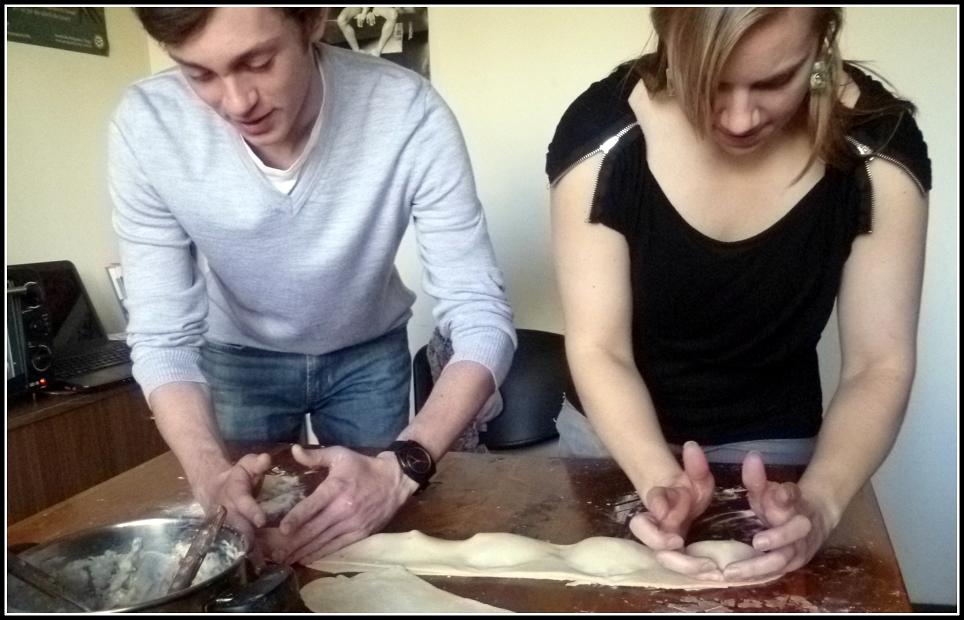
Students learning how to prepare "empanadas"








